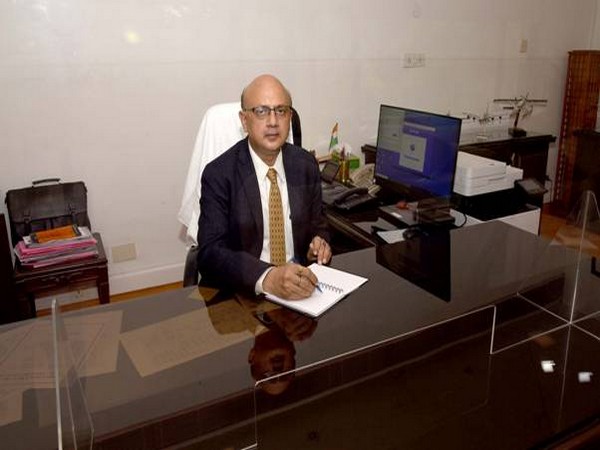
Seoul: Indian Civil Aviation Secretary Rajiv Bansal on Wednesday said in Seoul that based upon realities and infrastructure constraints, "India has set a target of achieving net zero by year 2070".
The secretary of civil aviation was speaking at the Roundtable high-level discussion at International Civil Aviation Organisation (ICAO) Global Implementation Support Symposium 2023 at Seoul, South Korea. According to the statement of Rajiv Bansal, the transition towards a lower carbon and Sustainable Aviation Fuels (SAF) will be fundamental to achieving NetZero2050.
"The cycle for SAF production has to be supported by ICAO through its implementation and support policy. Based upon these realities and infrastructure constraints, India has set a target of achieving net zero by year 2070," Bansal said.
"In achieving the net zero goal, ICAO should continue to be guided by Common but Differentiated Responsibilities," he emphasised according to an official statement.
He said that the competition for biofuels from other sectors, especially road transport poses a challenge of prioritization.
"The process of SAF legislation, regulation, production, and deployment is external to civil aviation and requires multi-agency participation," Bansal said.
The application of sustainability criteria for Carbon Offsetting and Reduction Scheme for International Aviation (CORSIA), eligible fuels is another area, which will require external verification bodies to apply their rules, according to the statement from civil aviation.
According to the statement, he further stated that India is committed to the implementation of long-term aspirational goals (LTAG).
He said, "And this commitment is seen in number of flights which have been operated with SAF-blended fuel. Recently in this series is the commercial flight of Air Asia (India) operated using indigenously produced SAF blended ATF."
The secretary said, "We are looking forward to the Conference on Aviation Alternate fuels in November in UAE, which will seek to develop a global framework for SAF, with a tool-kit of policies to be adopted by States."
He said any global mandates for SAF with milestones to 2050 are too early as each state must be allowed time to develop its own strategy for reaching LTAG as per its national plans.
"Till SAF production, certification and availability are ensured, any volumetric mandates will not be consistent with the ideology of LTAG, which is to be accomplished by States based on their special circumstances and capabilities and as per their national plans," he added.
On the recourse mobilisation for Long-Term Aspirational Goals (LTAG), the secretary said that the investments required to achieve LTAG will range from USD 2.5 trillion to USD 9.5 trillion globally. Among these, the range of investments required to be done by the States, as estimated by the CAP, will range from 180 billion to 870 billion USD. The usual methods of resource mobilization which are currently in vogue may not help us to mobilize resources for the global achievement of LTAG.